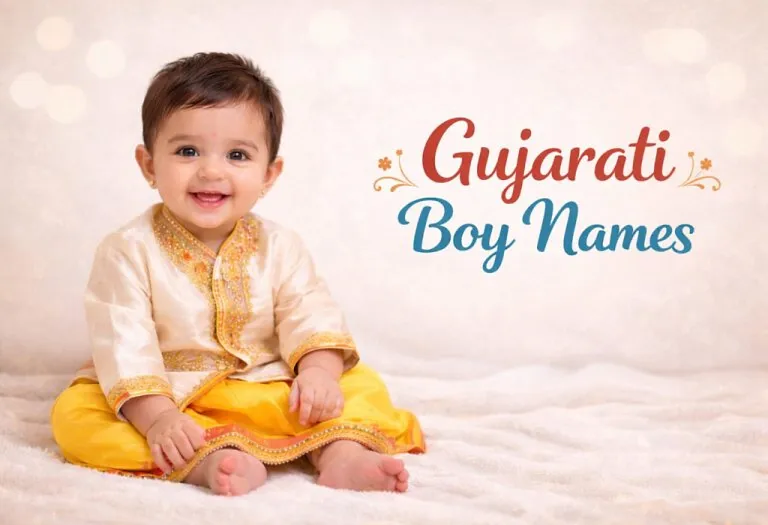6 Year Old Milestones – What to Expect

Your little one is already 6 years old—where did the time go? Your child is now ready for school, and you might find yourself wondering if they are developing at the right pace. This is a crucial growing stage, and it’s completely natural to feel concerned about their growth and development. However, understanding the 6-year-old milestones can provide clarity and reassurance. These milestones cover a range of skills, from physical and cognitive abilities to social and emotional growth. By learning about the developmental milestones your child is likely to achieve at 6 years of age, you can better support their progress and celebrate their achievements. Stay informed with this developmental milestones checklist for 6-year-olds, and watch as they reach new heights!
Physical or Motor Development
Of all developmental aspects, physical development is the most evident of all, and hence, the easiest to track. When it comes to your 6-year-old’s physical development, looking at the following milestones could be highly beneficial.
- The capability of running, skipping, jumping, and dancing that comes under the motor skills development for 6-year-olds. Your child will be able to achieve these physical milestones by now.
- Your child’s height will increase up to 2-2.5 inches (1).
- Your child will be able to draw pictures and writing letters.
- Improved hand-eye coordination.
- Your child will be able to follow outdoor gaming instructions carefully.
Behavioural Development
Behaviour is one important factor that you need to keep a check on when it comes to your 6-year-old. Whether it is the behaviour at home or at school; these developmental milestones for 6-year-olds matter a lot. How your kid behaves around people and in his own company needs to be checked upon. When it comes to a 6-year-old’s behaviour development, looking at the following milestones becomes important (2).
- Enjoys the company of his friends and involves in conversations.
- Takes an interest in clothing and dressing up.
- Has friends and likes playing around in the park rather than his own company.
- Behaves cheerfully rather than showing anger or irritating behaviour.
Cognitive Development
Cognitive development is all about knowledge and logical thinking. Telling the difference between right and wrong is important at the age of six. Having the right guidance from parents and teachers is important at this stage. When it comes to the intellectual development of a 6-year-old, looking at the following milestones becomes important (3).
- Improved listening skills and the ability to follow up instructions.
- Able to handle projects at school along with instilled teamwork.
- The curiosity around everything should increase gradually, and your child should be asking questions that help in 6-year-olds’ brain development.
Language and Communication Development
When your kid turns 6, he should get better with language and communication skills, and should develop clear speech by now. Moreover, your ward should be clearly demonstrating his ideas and as to how their day was. When it comes to 6-year-old speech and language development, looking for the following milestones is important.
- Should be able to speak in his mother tongue and that too, clearly.
- Able to communicate ideas clearly along with having his own opinion about things.
- His writing skills should also be good enough to be able to connect letters.
- The ability to recognize sounds and responding promptly.
Social and Emotional Development
Being able to enjoy others’ company, along with having an emotional quotient is important for any 6-year-old. Social and emotional development makes one capable of forming new friendships, along with the skill to vent out feelings. When it comes to a 6-year-old’s emotional development, looking for the following milestones could be beneficial (4).
- Being able to make new friends rather than sitting in a corner and feeling lonely.
- Being able to vent out feelings, whether it is crying, jealousy, showing anger or being happy.
- Understanding the concept of sharing and knows the importance of being a helping hand.
- Being emotionally stable and sharing his feelings with you.
Learning and Educational Development
Being a 6-year-old, your child should be good enough at learning new facts and retaining it. On the educational front too, he should be able to retain what is taught in class. When looking for learning and educational development in a 6-year-old, look for the following milestones (5).
- Ability to read the clock properly.
- Ability to understand the lessons taught in school.
- Ability to adapt to his daily routine.
- Knows alphabets and numbers well.
Tips for Parents to Help With the Development of a 6-year-old Child
Your child wants your support and guidance. When a child knows that his parents are by his side, he learns more and stays positive about everything. And when he is not given enough attention, he may become insecure or disobedient. Here are some parenting tips you need to follow for your 6-year-old.
- Play often with your child. Whether it is indoor games or the outdoor ones, make sure you are there to act like a kid around him Help him with learning activities for 6-year-olds.
- Read stories to your child before putting him to bed. This will help him develop his listening and understanding skills greatly.
- Help him with his homework, although do not do the homework on his behalf; let him do it by himself. Just sitting along with him could be a good step towards him knowing that you are there for him.
- Communicate more with your child. Ask him about school or how his day went. Communicating can help in knowing the likes and dislikes of your child.
- Understand the reason behind your child’s sadness and anger. Talk to him whenever possible and formulate solutions that could help him get over his negative feelings.
Tips to Keep Your 6-Year-Old Safe
Keeping your 6-year-old safe is a top priority as they grow more independent and curious. Here are some practical tips to ensure their safety:
- Always keep an eye on them during outdoor activities, especially near roads, playgrounds, or water bodies.
- Educate them about looking both ways before crossing the street and using pedestrian crossings.
- Establish clear rules about not talking to strangers or wandering off without permission.
- Ensure hazardous items like cleaning supplies, sharp objects, and medications are out of reach.
- Make wearing helmets mandatory while biking, skating, or scootering.
- Teach them basic fire safety rules, like staying low in smoke and knowing emergency exits.
- Keep an eye on their online activities and set parental controls to block inappropriate content.
- Encourage regular handwashing and teach them about personal hygiene to prevent illnesses.
- Ensure they know their full name, address, and how to contact you or emergency services.
- Demonstrate safe behaviors, as children often imitate adults.
When to Worry
You need to worry if:
- Your child seems depressed and sad all the time.
- He keeps to himself or enjoys only his own company.
- He doesn’t leave your company and clings to you too much.
- He gets irritated easily and has a problem with following instructions.
- He gets into fights at school occasionally and has difficulty making friends.
- He has a problem writing numbers and letters properly.
FAQs
1. What are some less obvious social-emotional milestones for a 6-year-old?
While many parents focus on physical or academic milestones, social-emotional development is equally important. At this age, children may start to show empathy, understand others’ perspectives, and manage their emotions better. They might also begin to form deeper friendships and resolve minor conflicts independently.
2. Can a 6-year-old start developing a sense of humor and sarcasm?
At this age, children may begin to understand simple jokes, puns, and even mild sarcasm, though their interpretation might still be literal at times. This milestone reflects their growing cognitive and social awareness as they start to grasp nuances in language and social interactions.
3. Is it normal for a 6-year-old to show interest in time and calendars?
Some 6-year-olds may start to understand the concept of time more clearly, such as days of the week, months, and seasons. They might also begin to plan ahead or ask questions about future events, showing early signs of time management and organizational skills.
4. Should I be concerned if my 6-year-old creates imaginary friends or worlds?
While not all children do this, creating imaginary friends or elaborate fantasy worlds can be a sign of advanced creativity and problem-solving skills. It’s a way for them to explore social dynamics, emotions, and storytelling, and it’s generally a healthy part of development.
This was all about the development of a 6-year-old and the milestones he should cover. Keeping track of your child’s development is important. But in case, your child is unable to meet the above milestones on time, do not panic. Each child develops at his own pace, so don’t fret. Also, do not compare your child to other kids. Let him develop naturally, but in case, if you notice something unusual, talk to your child’s doctor about it.
References/Resources:
1. Nemours Kids Health – Growth and Your 6- to 12-Year-Old
2. Children’s Hospital of Orange County – Growth & Development: 6 to 12 Years (School Age)
3. American Psychological Association – Cognitive and Social Skills to Expect From 6 to 10 Years
4. National Library of Medicine – Developmental Stages of Social Emotional Development in Children
5. National Library of Medicine – Child Development and Early Learning
Also Read:
6 Year Old Behaviour Problems
Activities for 6-Year-Old
Activities for Your 7-Year-Old Kids
Was This Article Helpful?
Parenting is a huge responsibility, for you as a caregiver, but also for us as a parenting content platform. We understand that and take our responsibility of creating credible content seriously. FirstCry Parenting articles are written and published only after extensive research using factually sound references to deliver quality content that is accurate, validated by experts, and completely reliable. To understand how we go about creating content that is credible, read our editorial policy here.







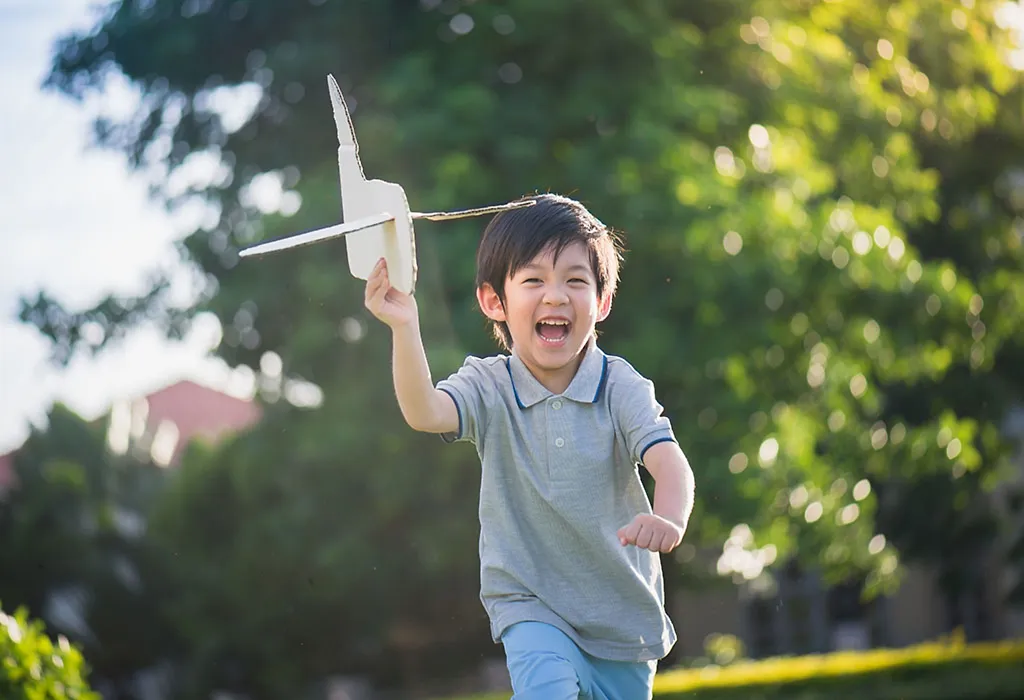
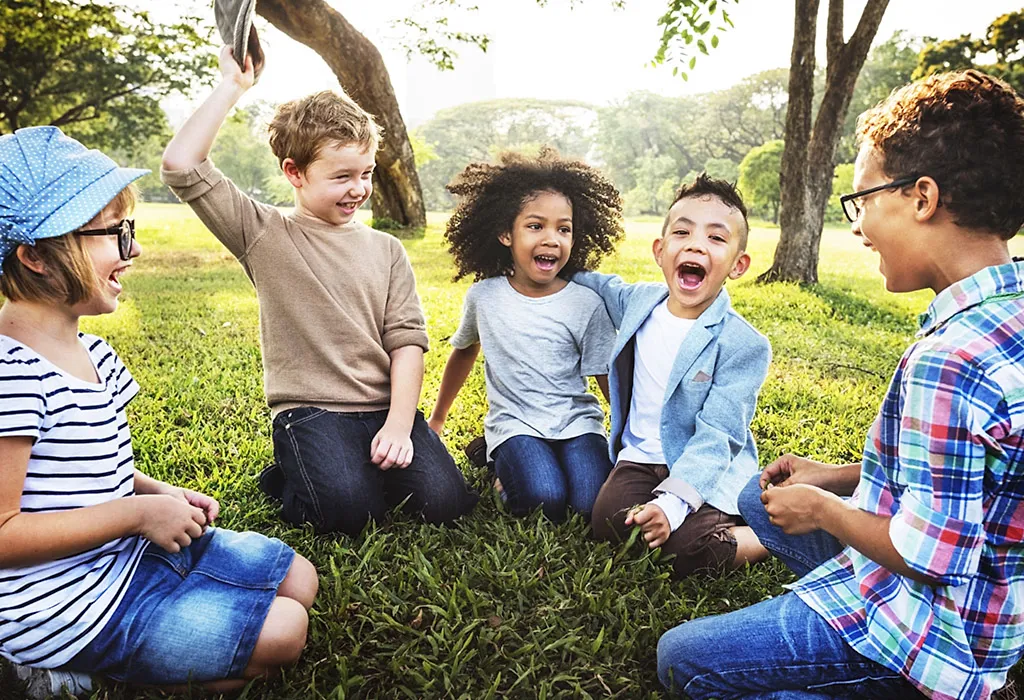
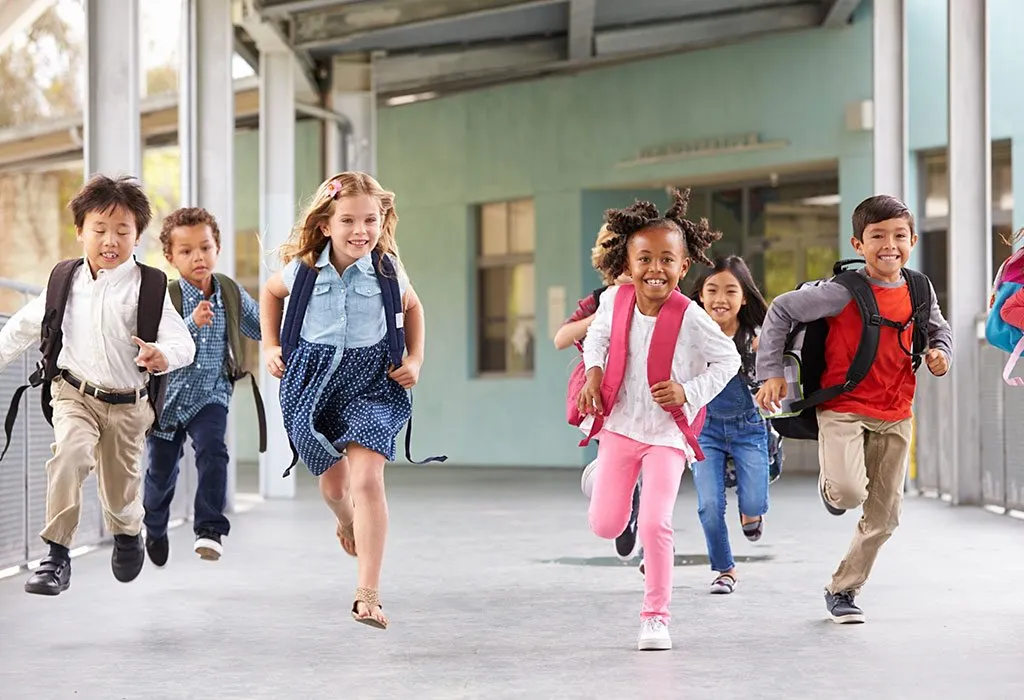
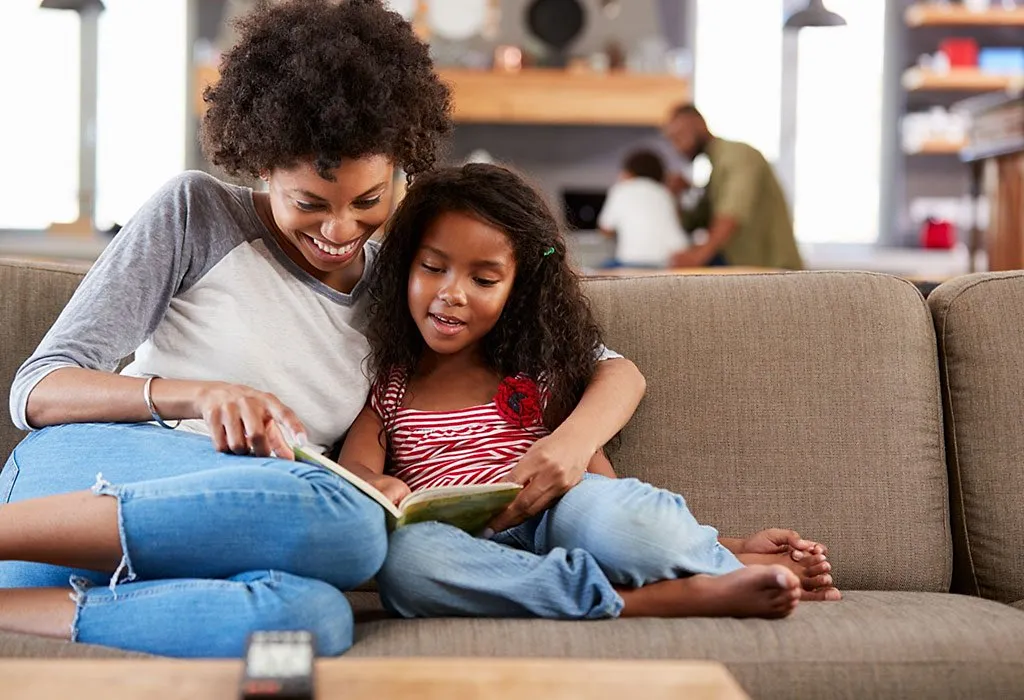
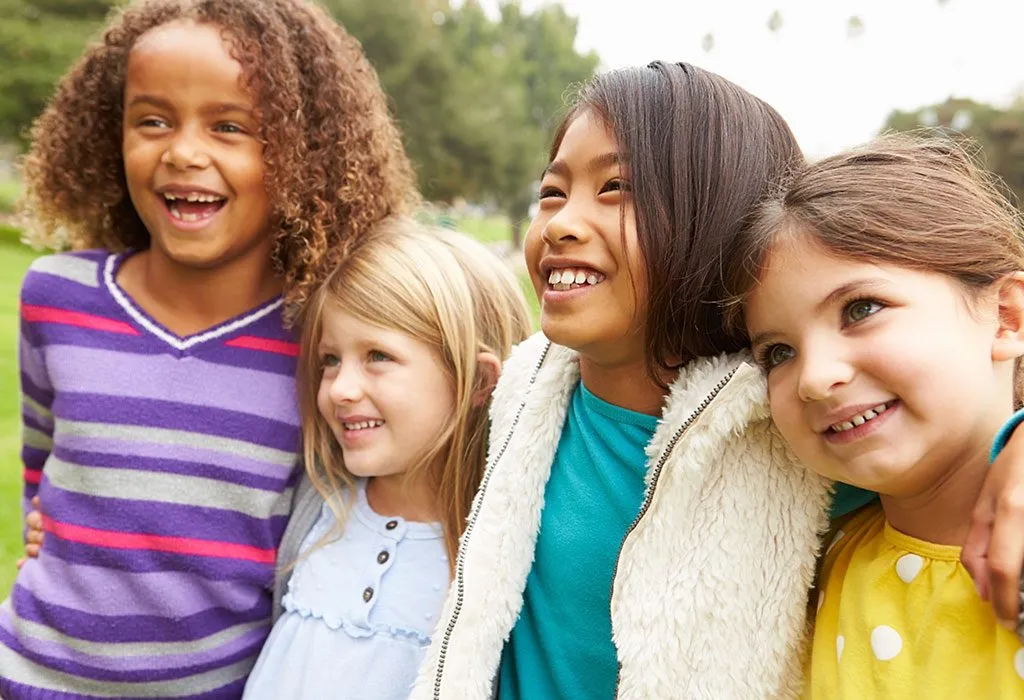
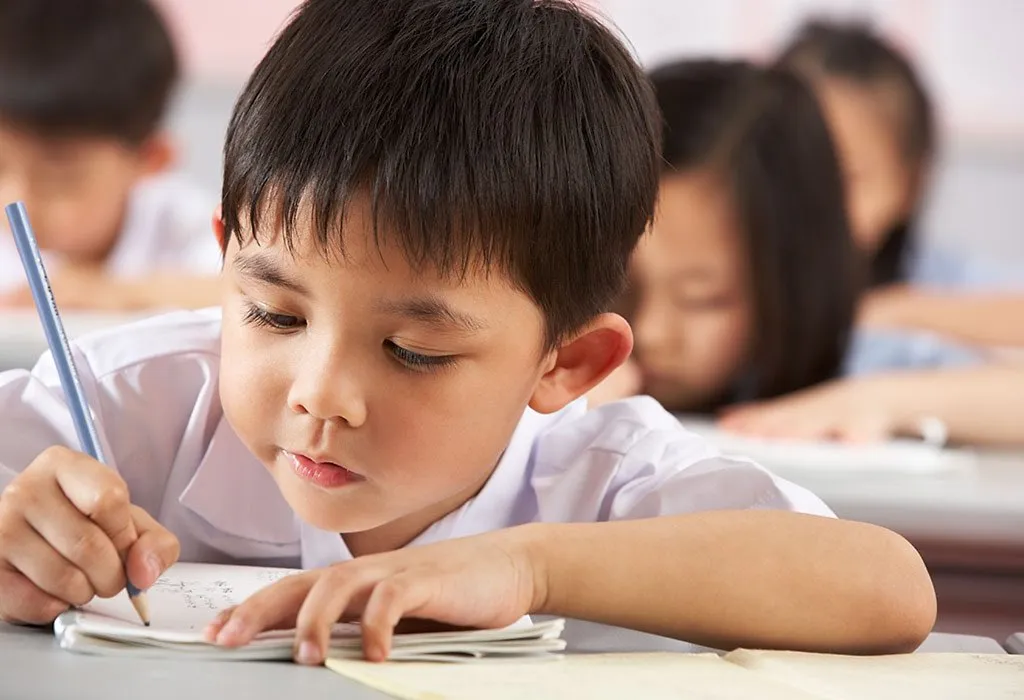
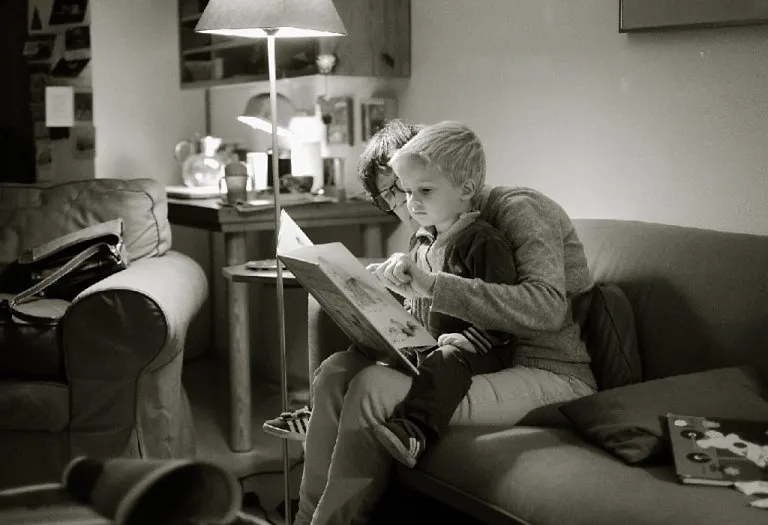
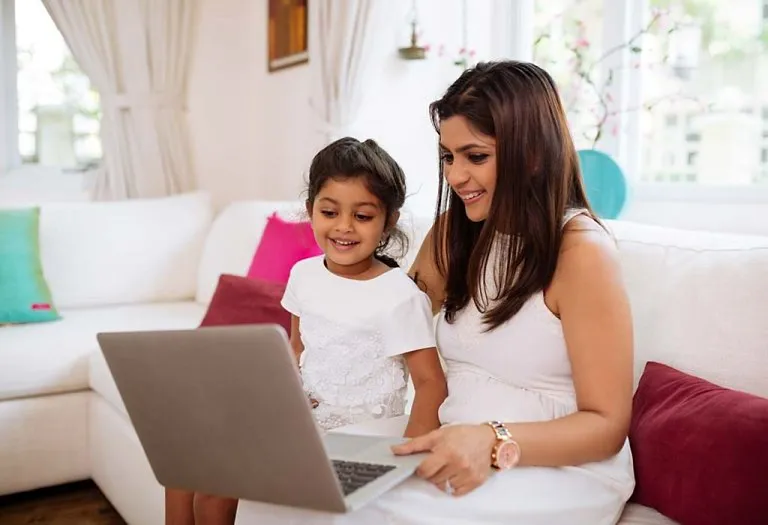

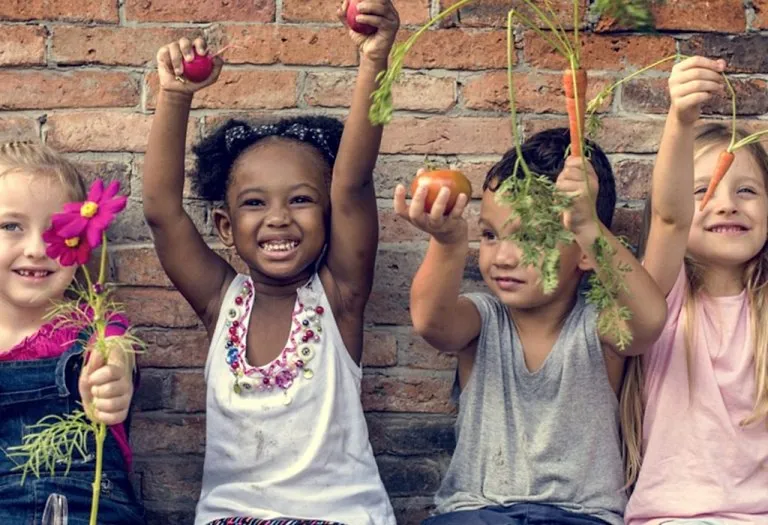
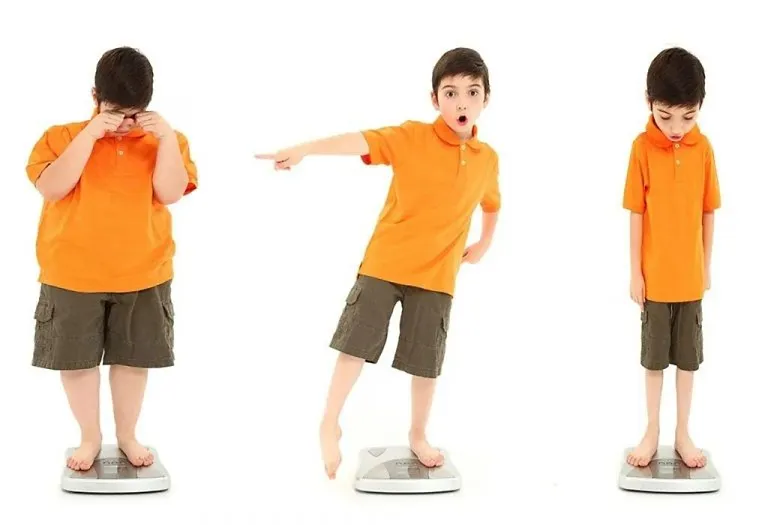
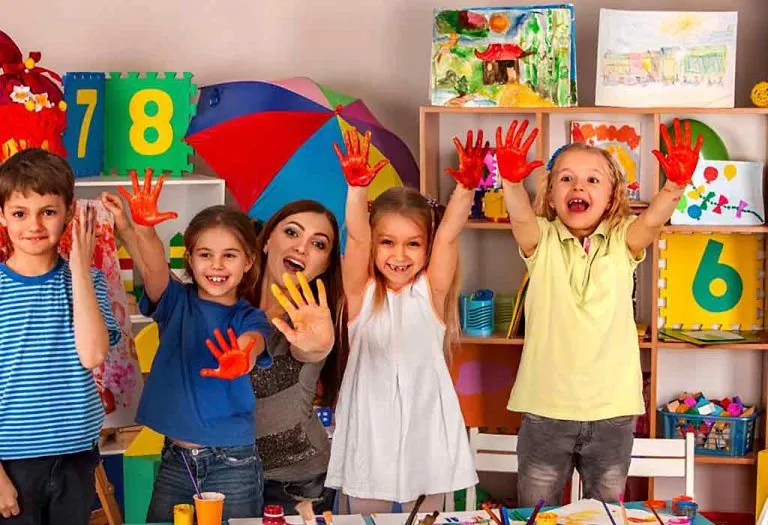

.svg)








